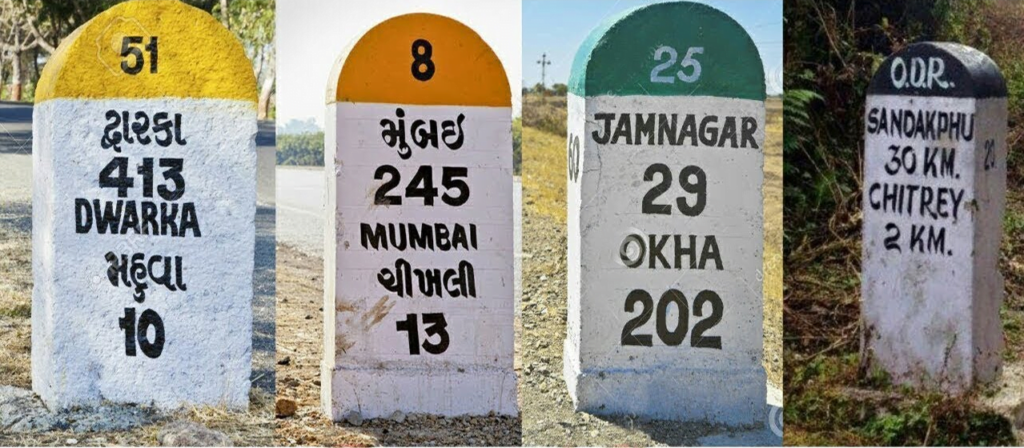
Milestone is a type of stone that tells us the distance of a place from a certain point. Imagine you are driving with a destination in mind and you are also enjoying the journey en route. You have no doubts that you will get to your destination and, even if you are not in a hurry because you’re also there to explore along the way, you keep track of your itinerary by paying attention to milestones that indicate how how close you are from your destination and whether you are on track!
By the way, have you noticed that, when you enjoy the adventure of your drive, you arrive at destination faster than expected? Or at the very least you feel you arrived just at the right time!
It is the similar with projects or skills acquisition. According to common sense many projects fail due to poor planning.
When you don’t have a clearly defined objective you struggle to stay on task. This leads you to miss deadlines and expend more energy – including money – which ultimately lead to projects failing. Goal setting is more than just having the end result clear in your mind so saying “I want to speak like a native” sounds more like a dream than a concrete plan with clear, measurable milestones that allow you to really metabolise your skill acquisition.
Setting key milestones makes it easier for you to identify and correct bottlenecks. By using the you can improve your decision making process during the initial planning stage and helps you prepare for upcoming work.
In other words: having milestones make your language learning process (and any other project you work on) run more smoothly.
This path of skill acquisition is not a straightforward one, either. Roadblocks and plateaus are common, and many spend weeks feeling like they are not making any progress. But hold your horses: these roadblocks are usually shattered when you accidentally hit the next milestone. Hence the importance of setting them along the way.
What are Milestones
A milestone is defined as a checkpoint in a project or journey that are used to identify significant events. It is common feature of a learning journey at English Connection and it usually represents one of the following:
- Different stages of a project
- Critical decision point
- The completion of a major task
- The end of an important project phase
With milestone driven approach, learning journeys are planned along a linear timeline and tasks are completed sequentially. This is know as task learning.
What Milestones are not
Now, let’s clear up some misconceptions about milestones.
They are not:
- Goals – Whilst goals are similar they are the final destination you wish to manifest at the end of a learning journey. Milestones measure the progress you’ve completed along the way and act like a stepping stone towards your final goal.
Deliverable – Although milestones can coincide with the production of deliverables, they are not the same. Deliverables are the product of a learning journey completed, whereas milestones are simply a specific point along that process that indicate your progress towards your end objective. - Phases – It is easy to misunderstand a milestone with a phase, they are not exactly the same thing. The former are significant divisions between the different times of work in a project. In a language learning journey they can be categorised under the four skills (speaking, listening, reading and writing), while the latter indicate progress and success points along the way.
Understanding the difference between these and milestone is important for your success. Just remember that milestones are versatile and can coincide with many different elements of a project or a learning journey, but the main purposes of project milestones are to convey progress and help you stay on track.
Why it is Important to Create Milestones
Your projects should include milestones for many reasons. And learning new skills, such as language acquisition or improving our communication skills, is no exception. Celebrating milestones along the way hits your brain’s reward mechanism which makes you feel excited at your own accomplishment and boosts your confidence and motivation. HERE are some suggestions to get you started on your list of milestones which will show that you have levelled up your language skills in some ways. You may hit these milestone when you are on your own so staying tuned to them will also help you concentrate on your progress rather than focusing on your limitations!
Before we go, remember to leave a message in the comment section below and help adding to the list of this series!
These bitesize mini-lessons are given to you complimentary when you sign up and join the English Connection community.
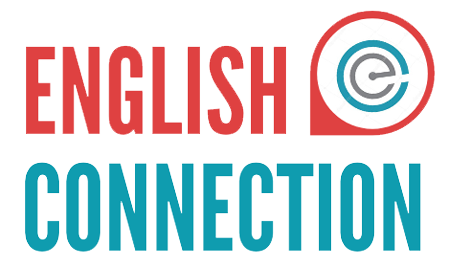


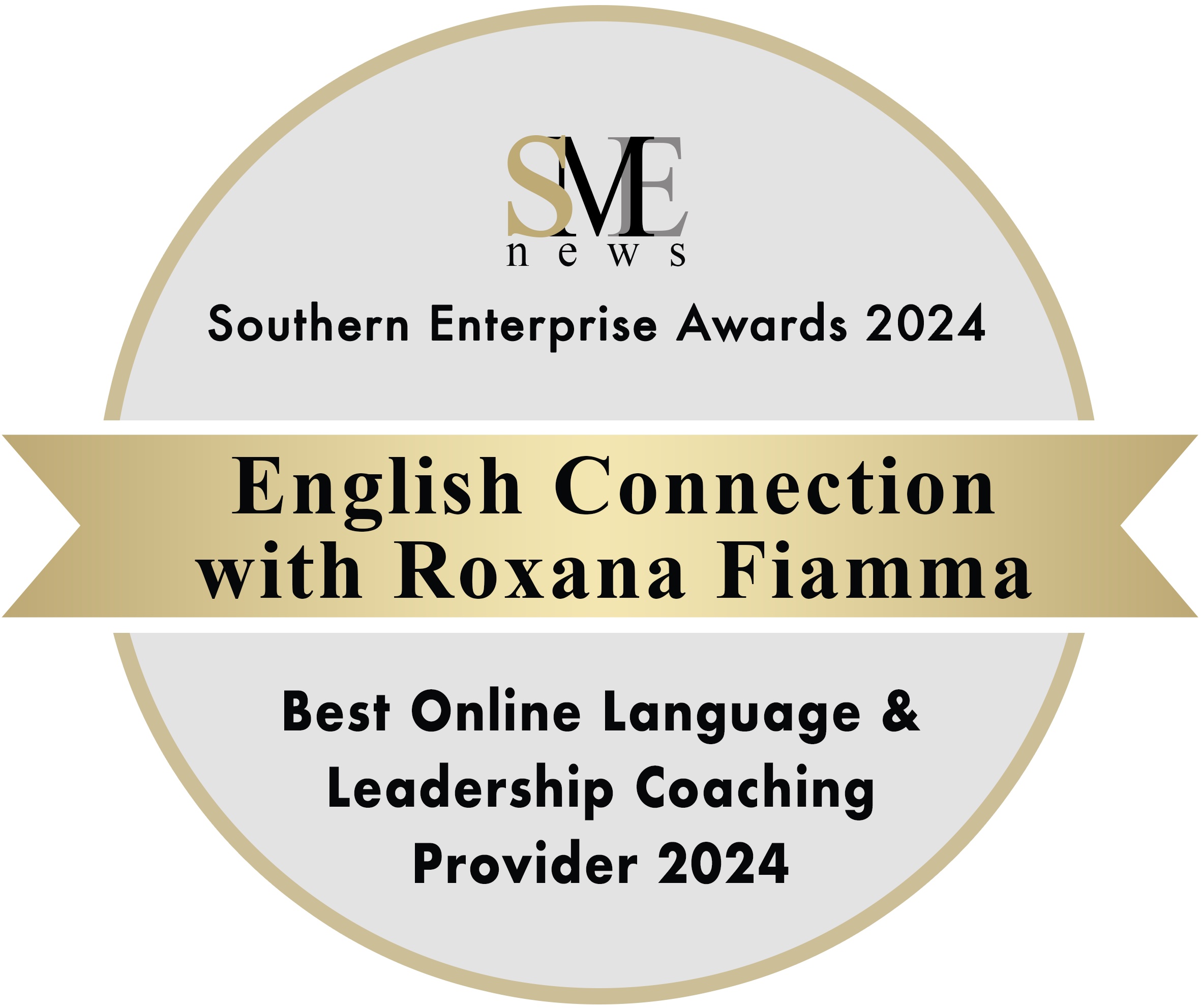
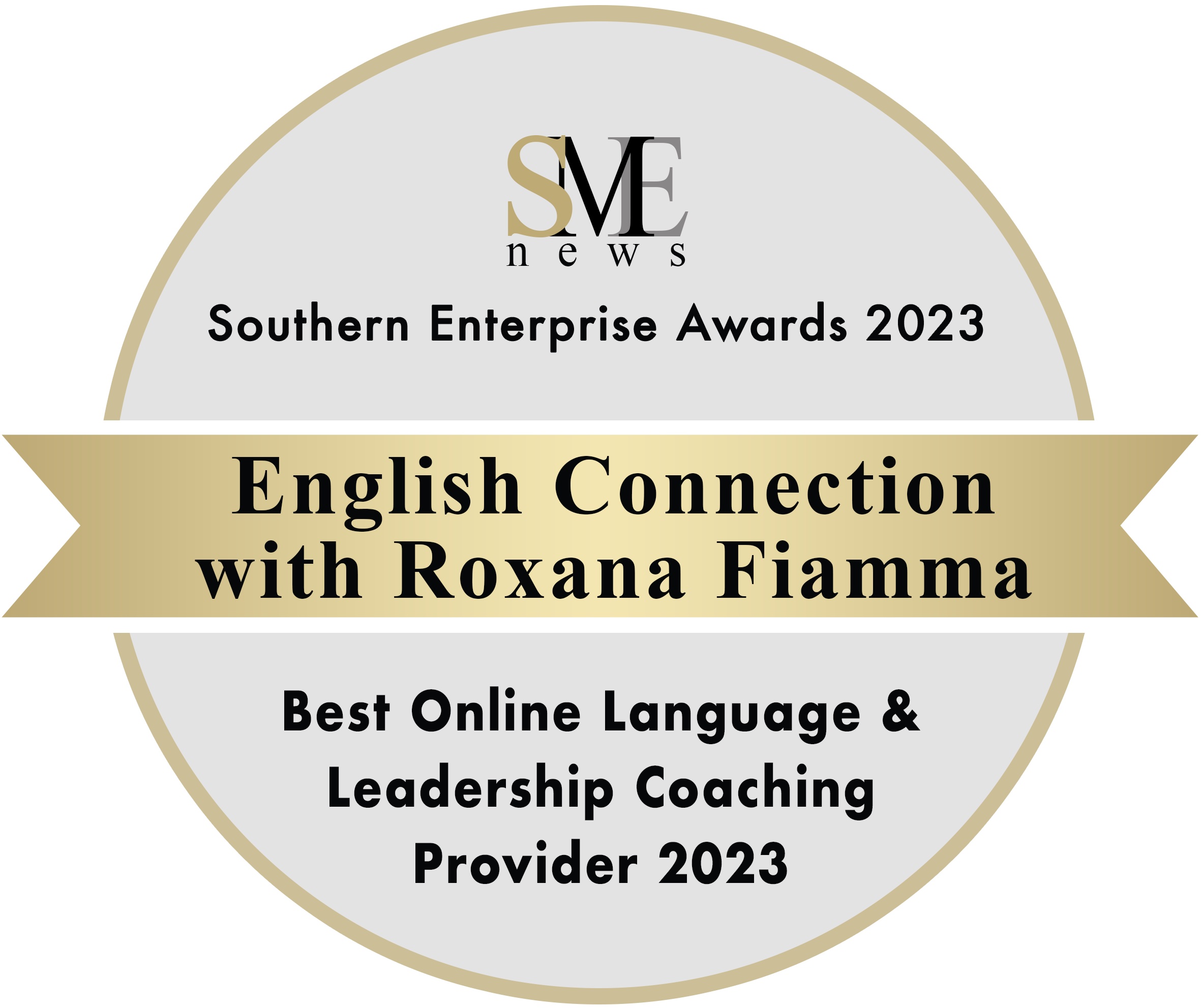
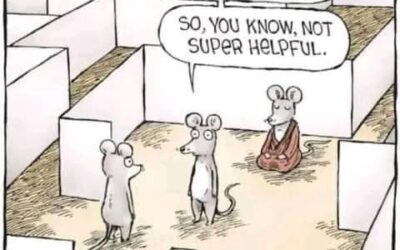
0 Comments